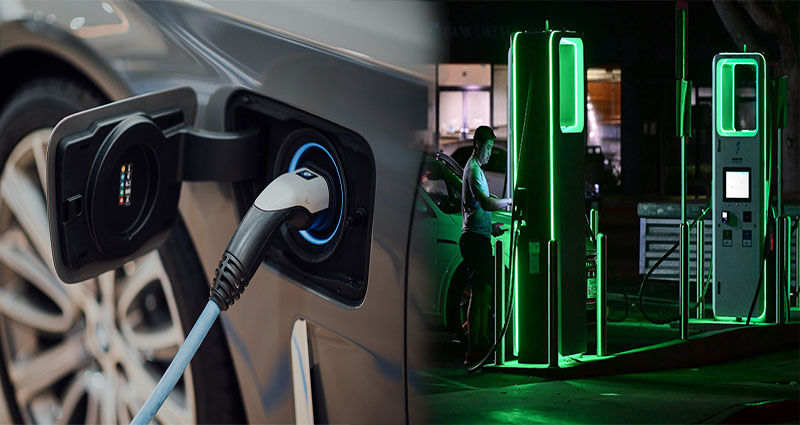As electric vehicles (EVs) gain popularity and become more mainstream, one of the key factors that potential buyers consider is the cost. While electric vehicles offer numerous benefits, including environmental sustainability, reduced reliance on fossil fuels, and lower maintenance costs, understanding the cost considerations is crucial before making a purchase decision. In this article, we will analyze the cost considerations associated with electric vehicles, providing insights to help you make an informed choice.
Purchase Price
One of the significant cost considerations when buying an electric vehicle is the purchase price. Electric vehicles typically have a higher upfront cost compared to their gasoline-powered counterparts. This is mainly due to the expensive battery technology used in EVs. However, it’s important to note that electric vehicle prices have been steadily declining over the years, and as the technology continues to evolve and become more widely adopted, prices are expected to decrease further.
Additionally, it is worth considering various government incentives and tax credits that are often available for electric vehicle purchases. These incentives can significantly offset the initial purchase price, making an electric vehicle more financially appealing.
Battery Life and Replacement Cost
Another crucial cost consideration is the battery life of an electric vehicle and the potential replacement cost. EV batteries have a limited lifespan and will eventually degrade over time, affecting the vehicle’s driving range. However, battery technology is continuously improving, and many car manufacturers offer warranties on electric vehicle batteries, providing peace of mind to potential buyers.
It is essential to evaluate the warranty and battery replacement cost when considering an electric vehicle purchase. Understanding the longevity and potential replacement expenses associated with the battery will provide a clearer picture of the overall cost of owning an electric vehicle.
Electricity Costs versus Fuel Costs
Electric vehicles are known to have lower operating costs compared to gasoline-powered vehicles. The cost of electricity is generally lower than gasoline, resulting in significant savings over time. However, it’s important to consider the local electricity rates and charging options available to accurately calculate the potential savings.
Charging an electric vehicle at home overnight is often the most cost-effective option, as it takes advantage of off-peak electricity rates. Public charging stations offer convenience but may come with additional costs. Evaluating the charging infrastructure in your area and comparing the prices of different charging options will help in estimating the long-term savings of owning an electric vehicle.
Maintenance and Repair Costs
Electric vehicles typically have lower maintenance costs compared to conventional vehicles. EVs have fewer moving parts, negating the need for regular maintenance associated with internal combustion engines. Additionally, electric vehicles do not require oil changes, transmission servicing, or other traditional vehicle maintenance tasks.
While maintenance costs tend to be lower, it is important to consider the availability of qualified technicians and potential repair costs associated with the electric vehicle’s unique components. In some cases, finding specialized EV service centers may be more challenging and could result in higher repair costs compared to conventional vehicles.
Total Cost of Ownership
When analyzing the cost considerations of electric vehicles, it is essential to consider the total cost of ownership (TCO). TCO includes factors such as purchase price, financing costs (if applicable), fuel/electricity costs, maintenance and repair costs, insurance premiums, and potential resale value.
Calculating the TCO of an electric vehicle and comparing it to a traditional vehicle will provide a comprehensive understanding of the long-term financial implications. While the initial purchase price of an electric vehicle may be higher, the lower operating costs and potential incentives can make it a more cost-effective option over the vehicle’s lifetime.
When considering the purchase of an electric vehicle, it is crucial to analyze the various cost considerations associated with owning and operating one. Understanding the upfront purchase price, battery life and replacement costs, electricity costs, maintenance and repair expenses, and the total cost of ownership will help in making an informed decision. Electric vehicles offer numerous benefits beyond the environmental aspect, and as technology advances and becomes more accessible, the financial aspects are also improving. It is recommended to research and evaluate the specific costs and incentives available in your region to determine whether an electric vehicle aligns with your budget and requirements.





